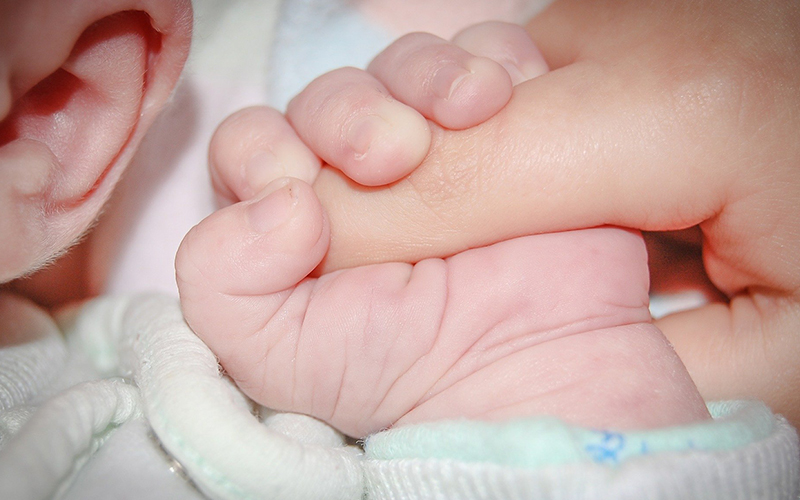
It would be a huge understatement to say we have lived through a few turbulent years. For many, their lives have changed radically; some for the positive, others less so. Now that the spectre of Covid is lessening but other challenges are on the horizon it is good to take stock and consider if recent events mean important documents need updated.
A key aspect of this is ensuring your Will is up-to-date. If you don’t have a Will, it is vital you get one in place because the consequences can be drastic.
For those with Wills, it is important to check whether events over the recent years means the provisions you have, need amended.
What if I have no Will?
Scots law of succession means that where a person dies without a Will (intestate) their entire estate is distributed by the laws of intestacy. The first element (called “Prior Rights”) allocate certain assets automatically to a living spouse or civil partner. There are some provisions to also assist cohabitees but they would need to apply to court for any award.
Prior Rights cover a marital home (except in certain circumstances including if it has a value above £473,000), up to £29,000 of furnishings and either the first £50,000 of the estate where you have children, or £89,000 where there are no children. For a large number of people, there would be little or no estate left following Prior Rights.
The rest of the estate is then divided up depending on whether there is a surviving spouse or civil partner or children and can account for ½ or 2/3 of what is left. The rest is then dealt with according to a hierarchy established in the 1960s. It starts with any children of the deceased at the top of the chain, followed by parents and siblings of the deceased, then a spouse / civil partner and then more remote relatives. In certain circumstances where there is no family or remote relatives, the estate falls to the Crown.
As you can see, if you die without a Will then you are removing all control over where your assets go upon your death. Executors will be appointed by the Court to deal with your estate whether they would be your likely choice or not and the winding up of your intestate estate becomes an expensive and prolonged process. It is therefore highly recommended that everyone have a Will in place to ensure that their wishes are expressed formally and your assets are dealt with appropriately.
What if I have a Will but since it was made my family has grown / reduced?
In Scotland, a material change in personal circumstances such as the birth of a child can, in some situations, revoke your Will altogether. A doctrine known as conditio si testator sine liberis decesserit allows a Will that does not make provision for future children to be presumed to be revoked following the birth of a further child. In other words, if you write a Will leaving your estate to specified beneficiaries and later have a child who has not been provided for in that Will, that child is permitted to apply to the court to have your Will reduced. It is then presumed that you did not intend to omit that child from the Will, and as such your Will is revoked meaning the laws of intestacy apply.
The conditio is a presumption and the presumption can be rebutted in circumstances which show that you intended for the Will to stand despite the birth of the child. But that puts a burden on the executors and possibly the beneficiaries to overcome the presumption which depending on the circumstances could be difficult. Given the potential consequences, careful drafting of a Will and keeping its provisions up to date is paramount.
What about other changes?
If sadly people who were beneficiaries under your Will have predeceased you, then unless you have fallback provisions, this can also undermine what you intended to happen.
You might have also decided that a previously nominated beneficiary is to have their entitlement increased, reduced or indeed completely removed.
Although you may envisage your life taking a certain route, it is important to remember that time can change your plans and cause unexpected material changes of circumstances. On that basis, we recommend that you review your Will every 5 years or when you have had a material change of circumstances to ensure that your Will still meets your wishes
Graeme Dickson is a Legal Director in our specialist Private Client team. If you wish to discuss or amend the content of your Will or arrange to have a Will drafted, please contact Graeme or a member of the Private Client team on 03330 430150
